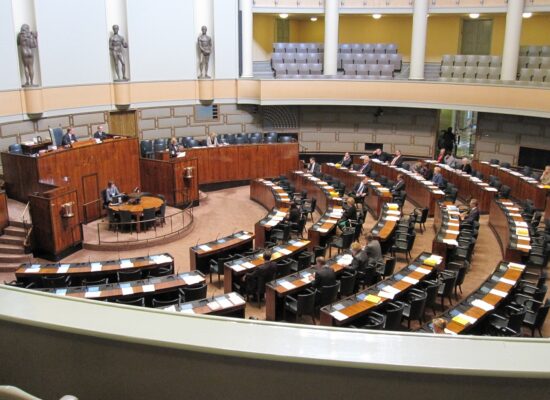The recent Carabao Cup semi-final clash between Tottenham Hotspur and Liverpool took an unexpected turn when a controversial decision involving Tottenham’s Lucas Bergvall underscored the ongoing debate surrounding football’s evolving rulebook. This incident, which saw Bergvall remain on the pitch despite committing a foul that many believed warranted a second yellow card, catalysed a fervent call for clarity and reform from Tottenham’s manager, Ange Postecoglou.
As the match unfolded, a seemingly tame encounter escalated in tension in its final moments. With only minutes to spare, Bergvall scored the decisive goal for Tottenham. However, the build-up to this climax was marred by his prior foul on Liverpool’s Kostas Tsimikas—a foul that left the Liverpool player requiring treatment off the pitch. The decision by referee Stuart Attwell to apply advantage rather than award a second booking has sparked widespread debate.
Embed from Getty ImagesContentious Application of Football Laws
According to the International Football Association Board’s (IFAB) Laws of the Game, a player can escape further caution if the referee plays advantage for a foul that is viewed as interfering with a promising attack, rather than denying a goalscoring opportunity. This particular interpretation became the fulcrum of contention. For Liverpool’s manager, Arne Slot, and fans alike, the decision seemed to blatantly sway the match’s outcome, fueling frustration and disbelief.
Embed from Getty ImagesPostecoglou’s Plea for Football’s Integrity
Ange Postecoglou, however, took the controversy a step further, directing his critique not solely at the referee’s decision but at the broader, rapid changes sweeping across football. As a manager who often speaks passionately about preserving the game’s integrity, Postecoglou expressed increasing discontentment with how modern football’s rules, amplified by technologies like VAR, are reshaping the sport. He voiced concerns over the seeming erosion of football’s simplicity—a sentiment that resonates deeply amidst the growing complexities of match officiating.
Key Concerns Highlighted by Postecoglou:
- Rising debates about nuanced aspects of play such as handballs and offsides.
- Accelerated rule changes creating inconsistencies in officiating.
- Impacts of technological tools like VAR on the fluidity and essence of the game.
This incident has driven Postecoglou to reflect critically on how consistently shifting rules could affect the soul of the game. He observed that debates over handballs, offsides, and other nuanced aspects of play have intensified, catalysed by the technological revolution in officiating. While understanding the necessity for technological integration, he questioned the speed and breadth of these changes, advocating for a more measured approach in embracing new rules.
A Larger Debate on Tradition vs. Modernity
This narrative echoes a broader discourse in the world of football, where fans, players, and managers alike grapple with maintaining the sport’s spirit while adapting to inevitable technological advances. As the controversy continues to unfurl, it serves as a reminder of the ongoing balance football seeks between tradition and modernity, an equilibrium that stakeholders must tread carefully.
As Tottenham prepares the groundwork for their second-leg encounter, the Bergvall controversy not only highlights the perpetual challenges of football officiating but also cements Postecoglou’s stance as a vocal steward for preserving the game’s time-honored essence amidst its modern evolution.






